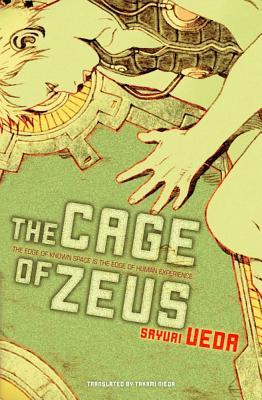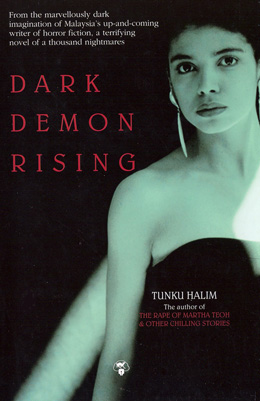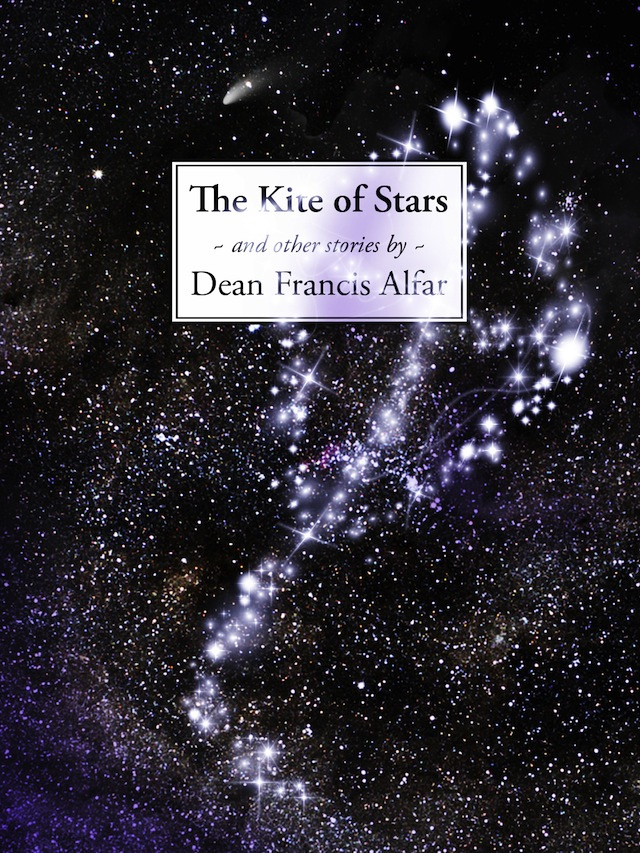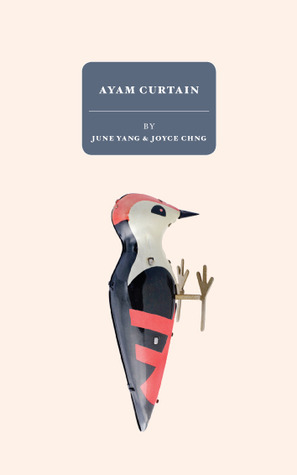SEA Quest: Listening To My Ancestors (Reprint)

Joyce Chng is currently at ICFA 2018. This is a reprint from June 2014, but still relevant. Recently, I was rocked by a wonderful and startling revelation from my dad about his grandmother. My great grandmother was a herbalist and a travelling physician. From his tone, I could tell my dad admired her. She had “ben shi”, ability, talent. She could do stuff. Yet, my grandmother, my great grandmother’s daughter, wasn’t that forthcoming. She let out her stories in weak spools. She didn’t talk about things that made her sad. According to my dad, she quarreled with her mother who forbade her to leave for Nanyang (the Chinese term for Southeast Asia). My grandmother left for Singapore soon after that. Imagine the wounds still unhealed, the words left unsaid, unvoiced. My grandmother passed away last year.
Cultural Tourists (Part 1): Publishing and Representation

One of my goals is to read as diverse literature as possible — at least those by authors outside of the US and the UK (since these two are the major players in the global publishing industry). The unfortunate reality is this: I keep on failing. That’s not to say I don’t occasionally succeed; just the other day, I finished reading a local anthology — Maximum Volume: Best New Philippine Fiction 2014 (ed. Dean Francis Alfar & Angelo R. Lacuesta) — but that’s only because it’s a local publication and I’m friends with some of the contributors. The said anthology being a title published in the Philippines, it poses some challenges in terms of accessibility that authors/publishers from other countries might experience:
Boo! Horror in Southeast Asia!

When I was growing up, I heard stories about the flying heads-with-entrails that would lurk in the dark. People would grow cacti or thorny plants in their gardens to deter such horrific creatures. So there I was, listening to my relatives breathlessly account their experiences (or friend of a friend’s, you know, the usual) of finding one of those flying heads stuck in the cacti, their entrails caught and snared. Then, there were the stories when I grew up and started working. How my friend’s father confronted a pontianak out right. They had heard her shrieks in the darkness. Frightened, they huddled, but the father simply stalked out and challenged the Pontianak: “I know you are here! Show yourself!” A pontianak is a spirit of a woman who has died in childbirth and undead; she stalks for blood, especially the blood of a newborn and its mother.
Finding Filipinos in Science Fiction and Fantasy

A decade ago, whenever I mentioned Filipinos in science fiction and fantasy, genre fans here and abroad would mention two novels to me: Robert Heinlein’s Starship Troopers and Neal Stephenson’s Cryptonomicon. Now I haven’t read Cryptonomicon, but I have read Starship Troopers. My initial impression with the book was that here was a book that featured a Filipino (well, Filipino-American) protagonist! As I grew older, I realized Starship Troopers was a squandered opportunity (aside from Heinelin’s pro-military propaganda). I had questions like:
Introductions: So, There Is A Place Called SEA (Southeast Asia and SF/F)

If you want to be politically aware or saavy, the member states of ASEAN (Associaton of Southeast Asian Nations) are Indonesia, Malaysia, Singapore, Thailand, the Phillippines, Brunei, Burma (Myanmar), Cambodia, Laos and Vietnam. ASEAN spreads over a region with diverse, complex and vivid cultures and ethnicities. It is also a region where migrations and intermingling of cultures and identities play an important role. Phew, now that just sounded like one of my lessons in school. But there you have it: Southeast Asia, explained in gist.

